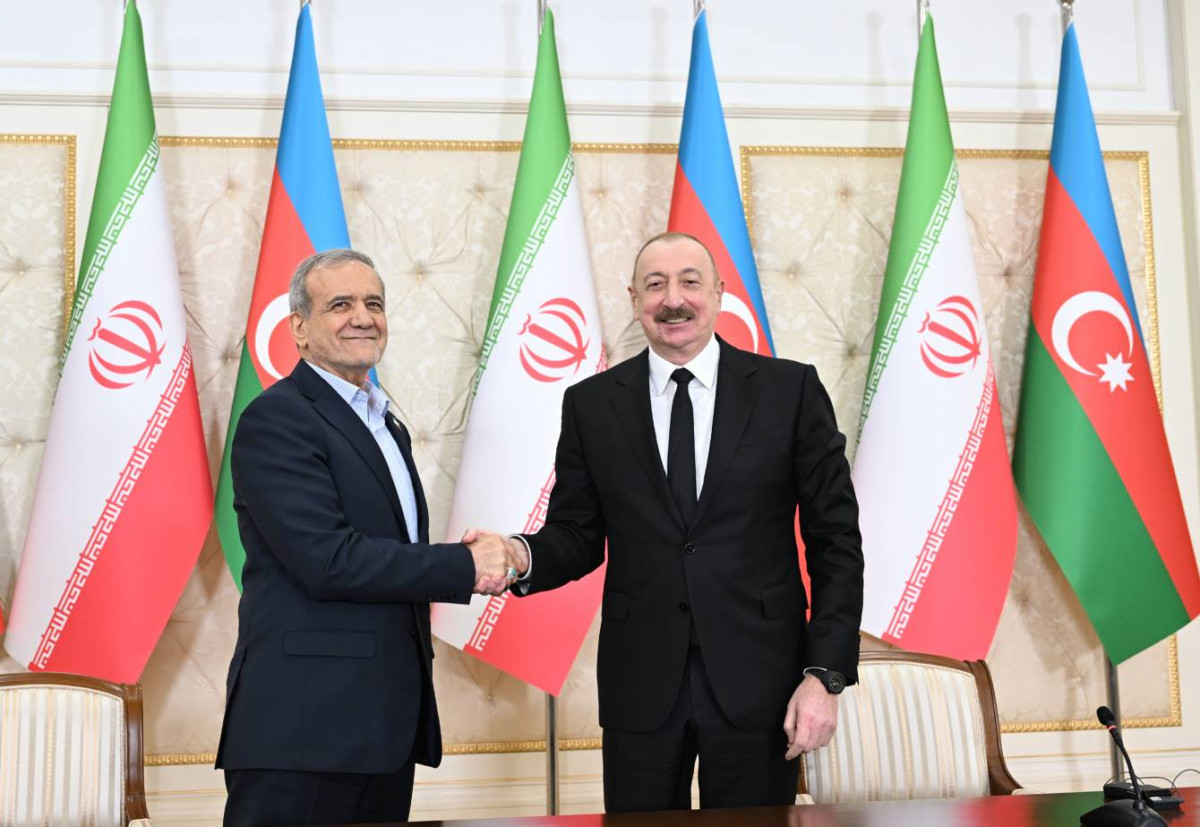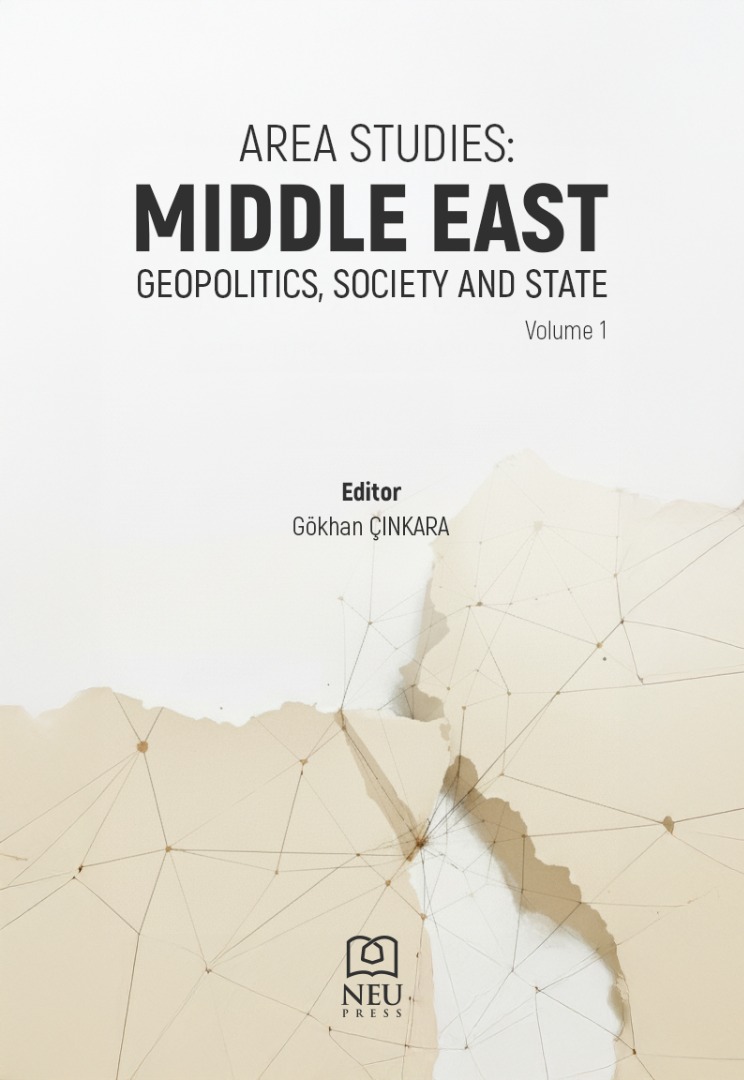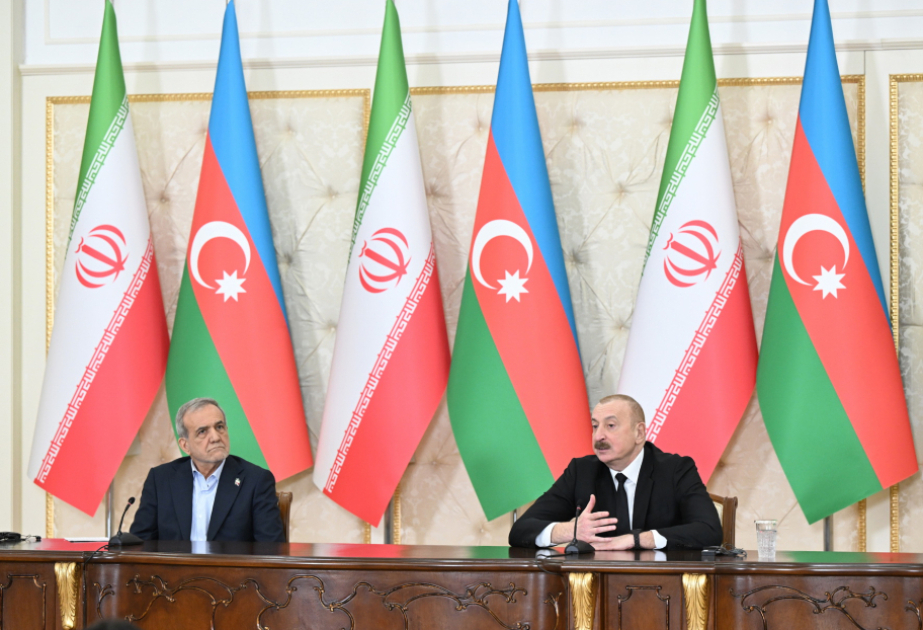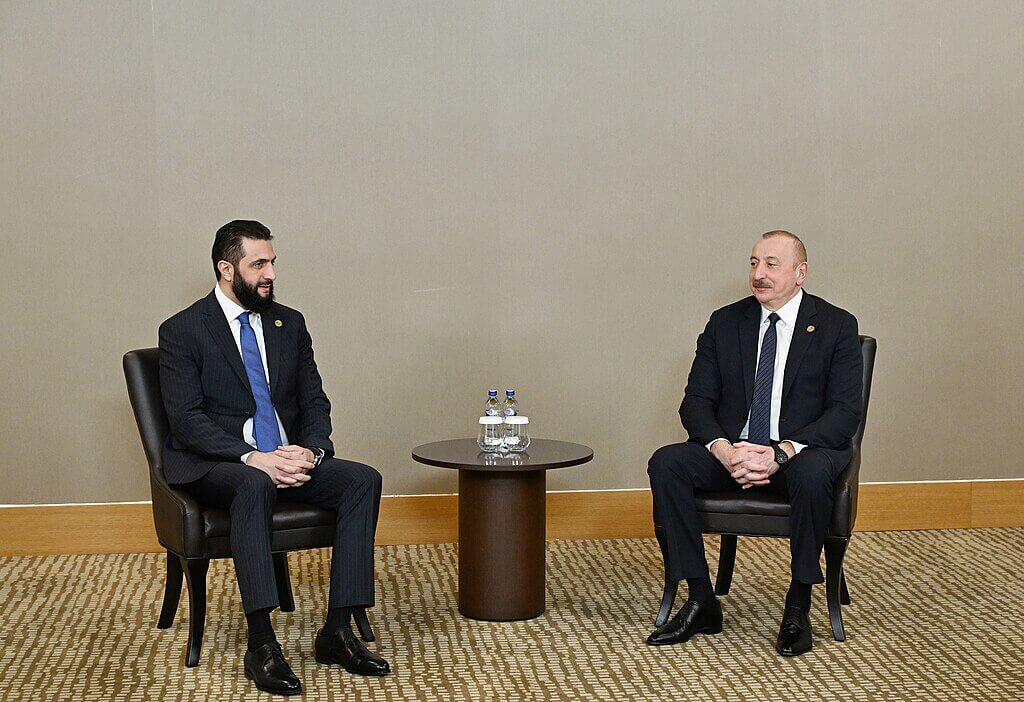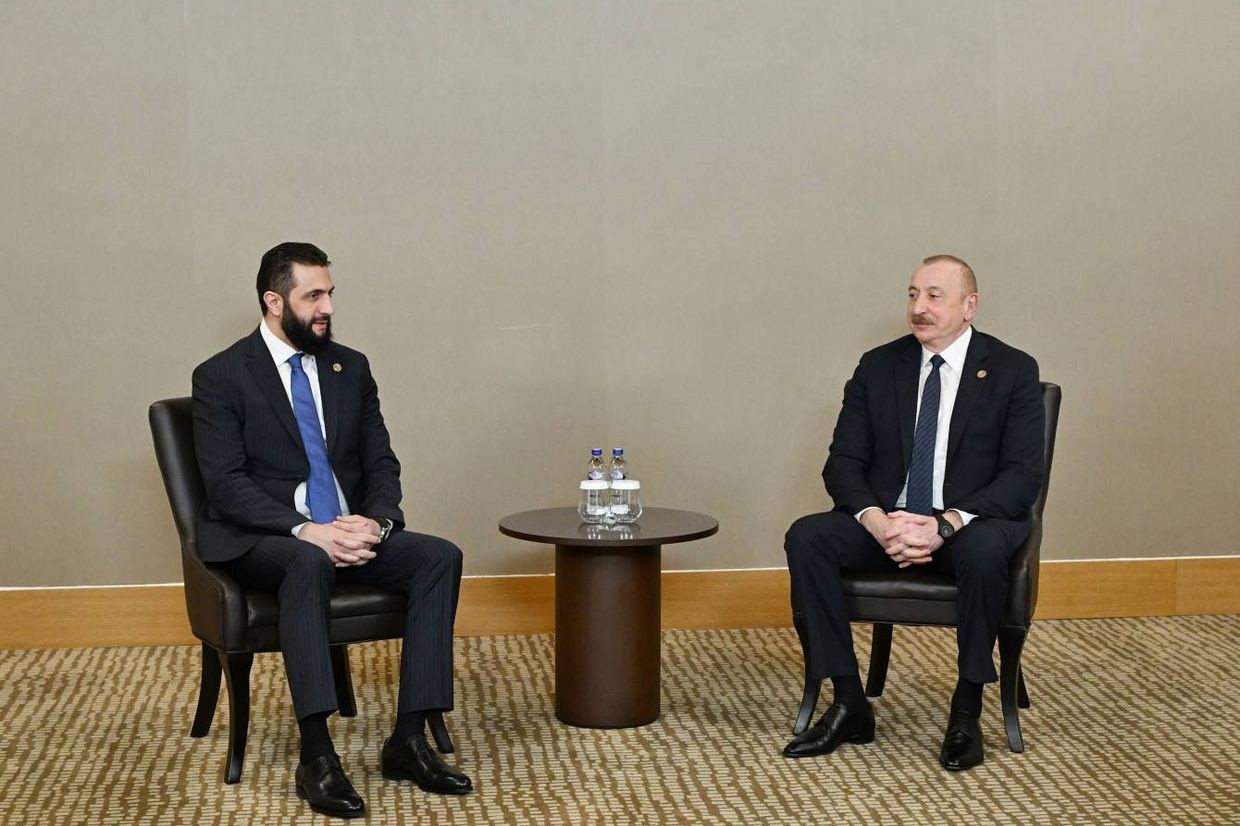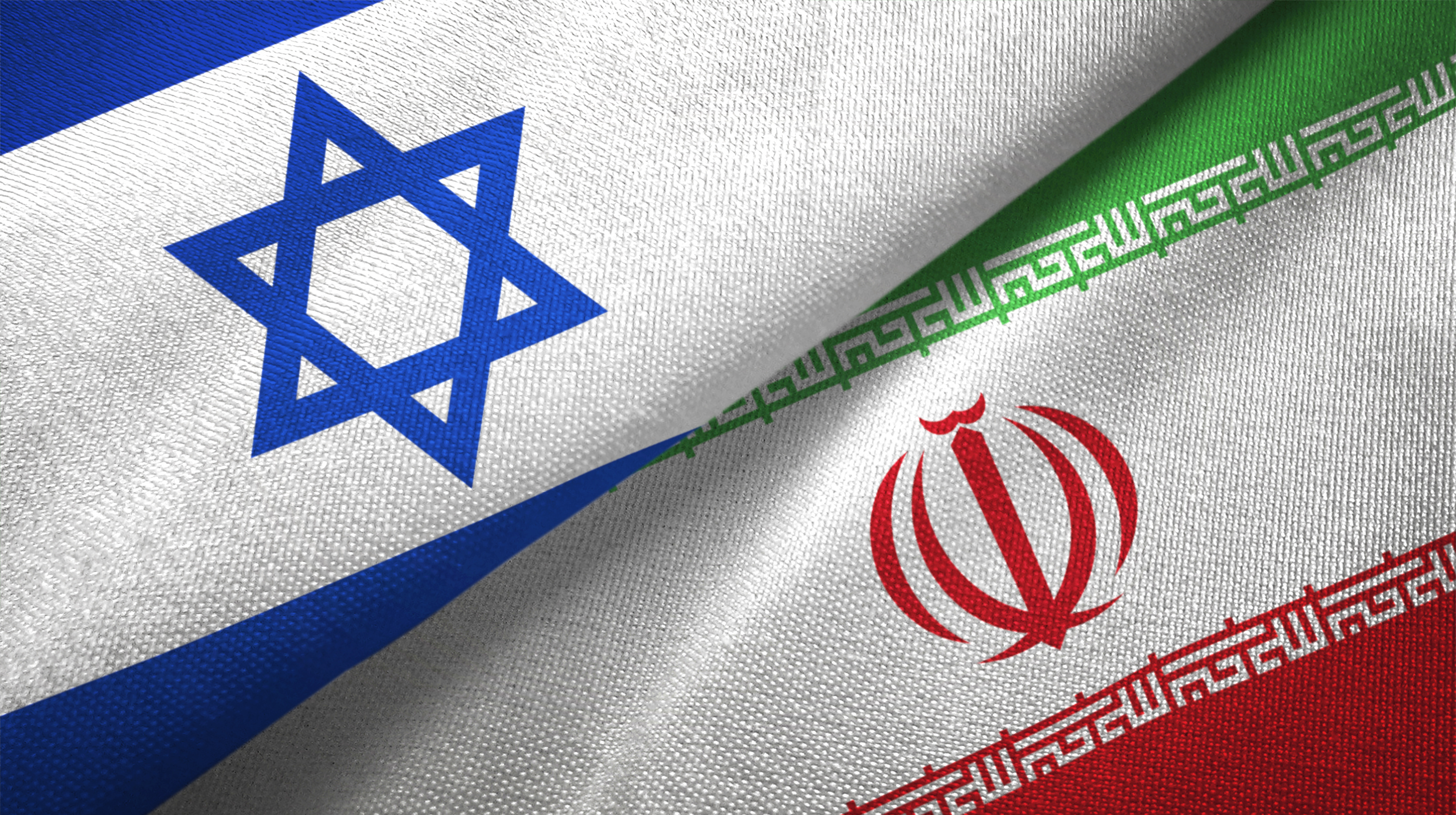
The rapid fall of the Assad regime in Syria in December 2024 marked the culmination of dramatic changes to the geopolitical landscape of the Middle East. Following Assad’s escape to Russia, the rebel group Hayat Tahrir al-Sham (HTS) emerged as the decisive power broker in the new administration—aiming to stabilize Syria’s war-torn society, establish a unity government, and launch mass reconstruction to open a new, post-Assad era in the country’s history. To achieve these lofty goals, the new authorities aimed to build much stronger relations with Turkey—possibly transforming Ankara into its primary security partner—and the wealthy Gulf monarchies. Both the GCC states and Iran largely remained bystanders during HTS’s offensive against Assad—in large part because its lightning speed left little time for international action. After HTS routed Assad’s demoralized forces and seized power, Ankara thus became one of the primary actors in, and beneficiaries of, the new regional order.
In spite of Turkey’s pole position in Syria, the ambitious and energy-rich countries of the Gulf are also extremely important to the transitional Syrian government, given President Ahmed al-Sharaa’s attempts to gain international recognition and rebuild the ruined country. Indeed, al-Sharaa paid his first official foreign visit to Saudi Arabia in February 2025, followed by trips to the UAE, Qatar, Oman and Bahrain. While al-Sharaa’s Gulf tour highlighted Damascus’s new priorities, it also shed light on the critical role that Riyadh and the other Gulf monarchies will play in shaping Syria’s future.


